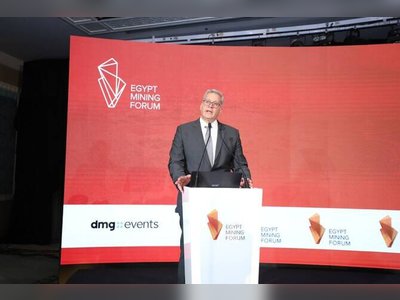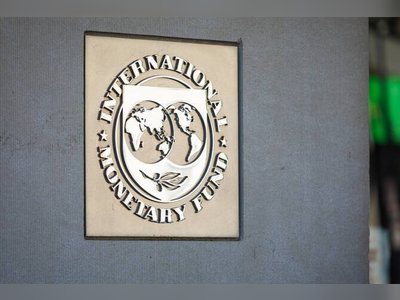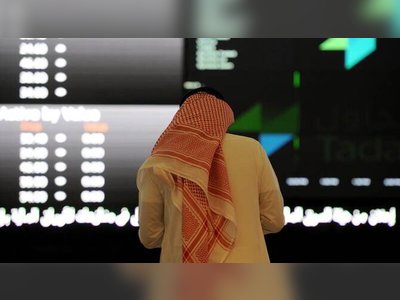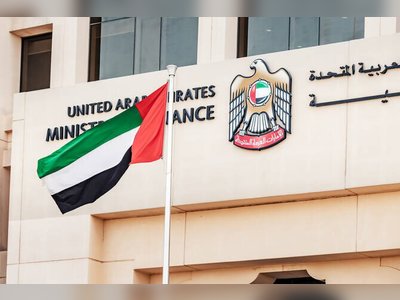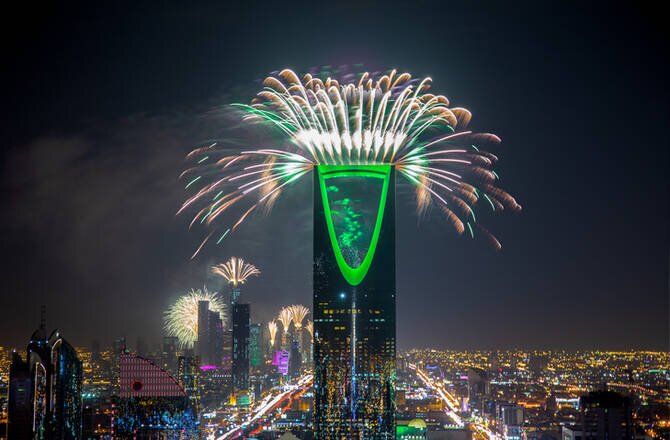
Riyadh Emerges as Global Super Hub Amid Economic Boom
Saudi Arabia's capital positions itself as a leading global wealth hub, fueled by economic diversification under Vision 2030.
RIYADH: Saudi Arabia’s capital is rapidly transforming into a leading global wealth hub, fueled by the Kingdom’s successful economic diversification under Vision 2030, according to a recent Knight Frank report.
The Riyadh edition of the ‘Emerging Wealth Hub’ series highlights how the city is transitioning from an oil-dependent economy to a powerhouse for finance, culture, and lifestyle, attracting multinational corporations, investors, and expatriates.
The surging demand for commercial and residential real estate, along with major infrastructure projects, positions Riyadh as a future-ready super hub.
The Regional Headquarters Program has been a key driver, with 600 global firms setting up regional bases in Riyadh.
This influx has pushed Grade-A office vacancy rates down to just 2 percent and prime office rents have increased by 23 percent in the past year and 84 percent since 2020.
Riyadh’s booming startup ecosystem complements its rise as a financial and business epicenter, supported by government incentives, advanced digital infrastructure, and a growing talent pool.
The city is integrating sustainability into its rapid expansion, with initiatives like the King Abdullah Financial District — the world’s largest LEED Platinum-certified mixed-use business hub — and the Mostadam green building rating system.
Major transport upgrades, including the Riyadh Metro, airport expansions, and a 220-km Sports Boulevard, are improving connectivity and reducing congestion.
Riyadh is becoming a premier leisure destination, with Riyadh Season 2024 drawing 18 million visitors.
The city’s successful bids to host the 2030 World Expo and the 2034 FIFA World Cup will amplify its global profile.
The residential sector is experiencing unprecedented growth, with apartment prices increasing by 75 percent and villa costs by 40 percent since 2019.
The Riyadh edition of the ‘Emerging Wealth Hub’ series highlights how the city is transitioning from an oil-dependent economy to a powerhouse for finance, culture, and lifestyle, attracting multinational corporations, investors, and expatriates.
The surging demand for commercial and residential real estate, along with major infrastructure projects, positions Riyadh as a future-ready super hub.
The Regional Headquarters Program has been a key driver, with 600 global firms setting up regional bases in Riyadh.
This influx has pushed Grade-A office vacancy rates down to just 2 percent and prime office rents have increased by 23 percent in the past year and 84 percent since 2020.
Riyadh’s booming startup ecosystem complements its rise as a financial and business epicenter, supported by government incentives, advanced digital infrastructure, and a growing talent pool.
The city is integrating sustainability into its rapid expansion, with initiatives like the King Abdullah Financial District — the world’s largest LEED Platinum-certified mixed-use business hub — and the Mostadam green building rating system.
Major transport upgrades, including the Riyadh Metro, airport expansions, and a 220-km Sports Boulevard, are improving connectivity and reducing congestion.
Riyadh is becoming a premier leisure destination, with Riyadh Season 2024 drawing 18 million visitors.
The city’s successful bids to host the 2030 World Expo and the 2034 FIFA World Cup will amplify its global profile.
The residential sector is experiencing unprecedented growth, with apartment prices increasing by 75 percent and villa costs by 40 percent since 2019.



